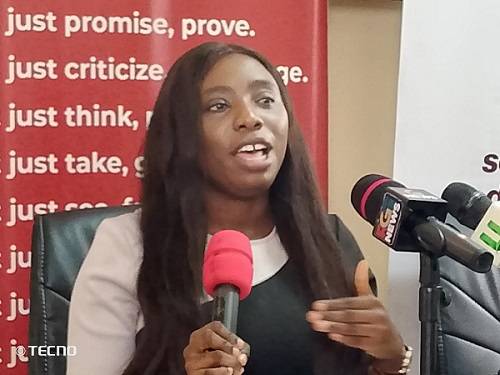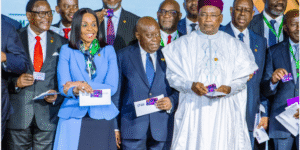The Africa Center for Democracy and Socioeconomic Development (CDS Africa) is calling for a comprehensive public education campaign on Ghana’s Promotion of Proper Human Sexual Rights and Family Values Bill (2021), also known as the Anti-LGBTQ+ Bill.
Survey Highlights Misconceptions
A recent CDS Africa survey, “Public sentiments towards the LGBTQ+ community and related practices in Ghana,” revealed a significant gap in public understanding of the bill. While a majority (78.2%) of Ghanaians surveyed support its passage, many lack knowledge of its specific details.
Combating Misinformation
The survey found misconceptions about the bill’s purpose, with some believing it restricts friendships, monitors private sexual activity, or legalizes homosexuality.
CDS Africa Recommendations
- Public Education Campaign: CDS Africa urges the National Commission for Civic Education (NCCE) to launch public education initiatives to clarify the bill’s content and promote informed public opinion.
- Reviewing Punishments: The report suggests the bill’s harsh penalties might be counterproductive and recommends a focus on rehabilitation and reform.
- Potential Legal Conflicts: A review of the bill’s provisions is advised to ensure it doesn’t contradict existing Ghanaian laws.
- Considering Economic and Political Impact: The report calls for considering potential economic and political consequences, including international concerns raised about the bill.
Survey Findings on Key Issues
- Bill Awareness and Support: 76.5% of respondents were aware of the bill, with 78.2% supporting its passage.
- Punishments: Nearly half (49.5%) were indifferent to the bill’s penalties, while over two-thirds (69.1%) opposed legalizing LGBTQ+ activities.
- Presidential Assent: Despite a pending court case, 72.6% of respondents favored the president signing the bill into law.
- Economic Impact: Over half (55.8%) believed the bill would have no negative economic consequences.
Moving Forward
CDS Africa’s survey and recommendations highlight the importance of public education and a nuanced approach to the Anti-LGBTQ+ Bill. By addressing misconceptions, considering potential consequences, and fostering informed public discourse, Ghana can navigate this complex issue.




